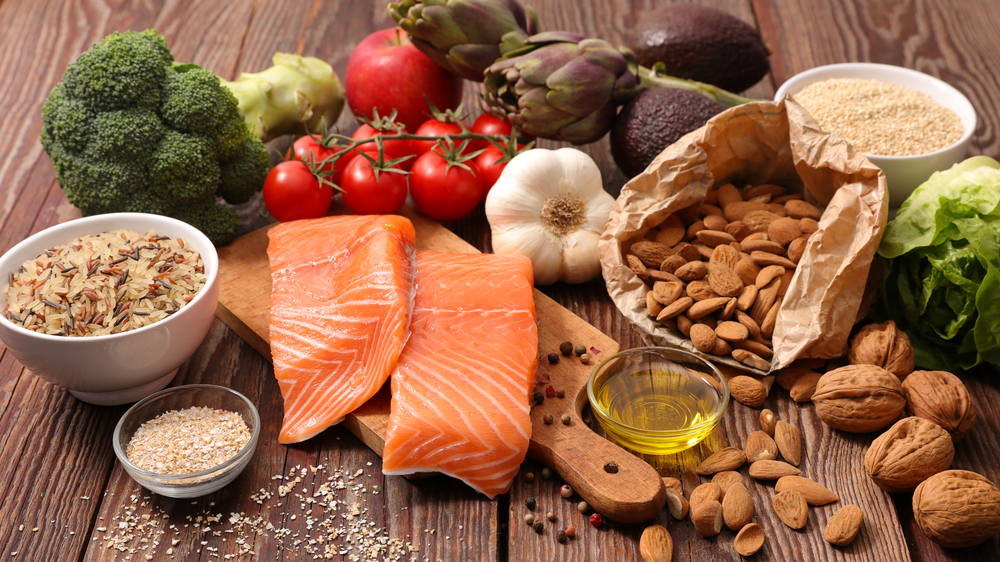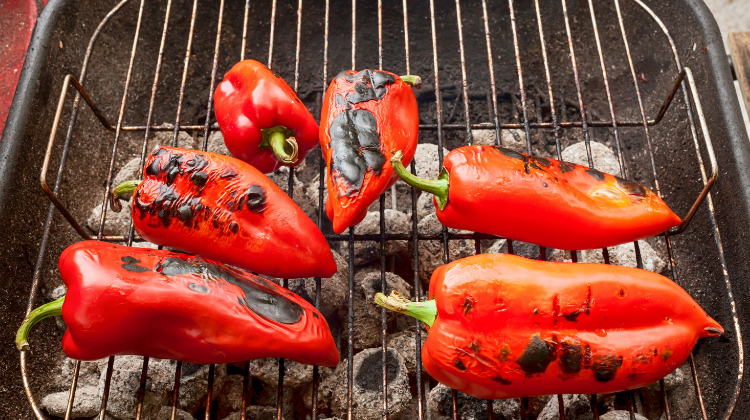A Red Pepper and Preventing Alzheimer’s Disease

I had a beloved aunt when I was a child who worked as an artist in the south of France. I adored her output. She frequently used intriguing artifacts in her still life settings throughout her works. An intense red pepper was one of the items. You guessed it, I own one of her paintings that has a red pepper. Perhaps because they are a dazzling glossy red, have a beautiful green stem, and have a softly curved shape, her red peppers somehow motivate me. Their flavor is a brilliant culinary element with a sharp, sweet pepper flavor. They make the ideal fast snack when served uncooked. As a memorial to my aunt and, more significantly, as a tribute to the nutritious diet she followed, I always keep one in my refrigerator.

The same diet, when combined with a healthy lifestyle, can help avoid obesity and overweight, which are risk factors for type 2 diabetes, high blood pressure, and cardiovascular disease. According to studies, these conditions increase the risk of developing Alzheimer's.
Although nutrition and how it affects brain function are somewhat complex, the meals we should eat are straightforward and easy to prepare. They can be made simply or served fresh. In their book, The Alzheimer's Prevention Food Guide, dietitian-nutritionists Sue Linja and SeAnne Safafii-Waite describe a straightforward method for maintaining a healthy diet while also providing a beautiful definition of Alzheimer's disease. They discuss the health advantages of more than 100 "brain foods" as well as the culinary and health benefits of herbs and spices.
They define “brain foods” by category. Chances are you will find your favorites in their book plus new ones to try.
- Herbs and spices
- Leafy greens
- Other vegetables
- Fruit
- Legumes
- Whole grains
- Nuts and Seeds
- Oils
- Proteins
- Fermented Foods and Others
Two weeks' worth of sample daily menus are provided in one of the most useful chapters to get you started. Researchers Linja and Safaii-Waite are devoted to learning how diet and lifestyle affect good aging and longevity. To "marry nutrition science and optimism in the prevention of Alzheimer's disease," they ask us to join them on their adventure.
Returning to the red pepper Even if a red pepper on its own cannot maintain good health or ward off disease, it is on the list of "brain foods" and serves as my emblem for a diet high in plant-based foods. A red pepper is also usually a cheerful addition to the fridge.
 Recipe
Recipe
Roasted Red Peppers
Three of the 100 "brain foods" are included in this incredibly simple meal.
Place two red peppers (or any other quantity) immediately on your hot grill. Turn each pepper as the skin darkens until all surfaces are black. When the peppers are cool, remove and put them in a paper bag or other covered container. Red pepper is shown by removing the charred skin on the outside. Depending on the size, slice. rake off the seeds. Place flat inside a box. Add some olive oil on top. Garlic cloves should be scattered. Use coarse salt to season lightly. Cover. Allow peppers to marinade for about 8 hours or overnight in the refrigerator. Serve with salads, on a bruschetta or as part of an antipasto dish. Note: To blacken peppers, place them under a broiler rather than a grill.
No comments:
Post a Comment
if You Have Any Doubit.Please let me know